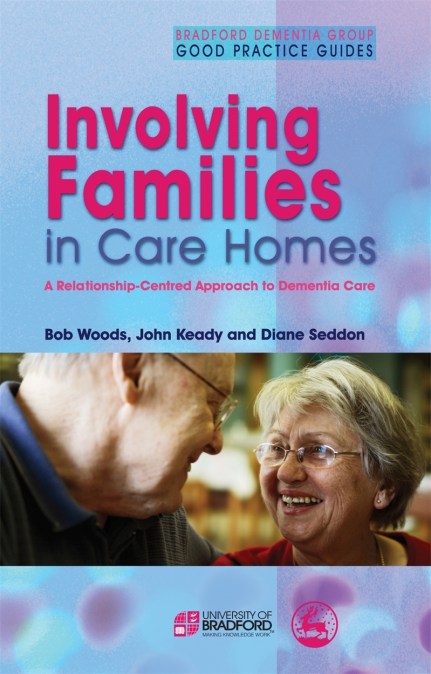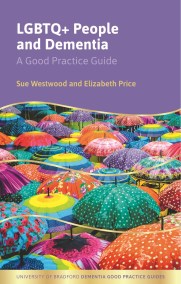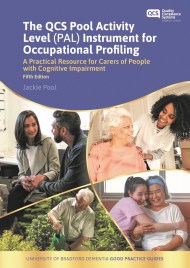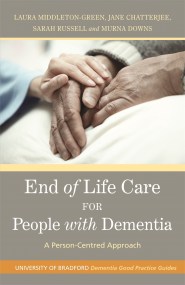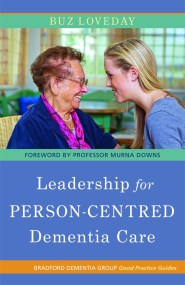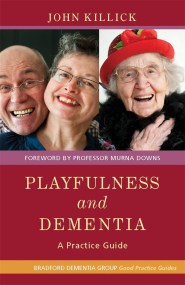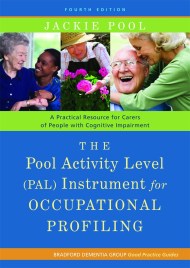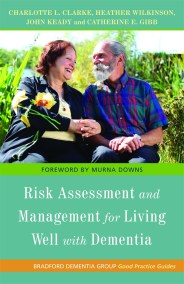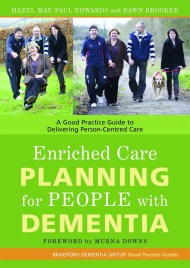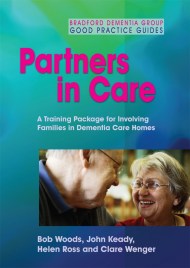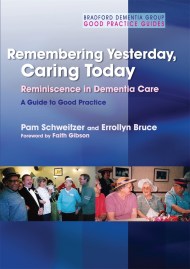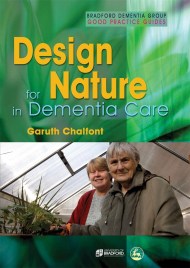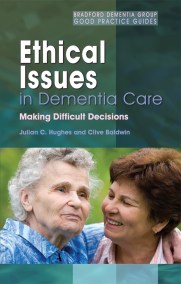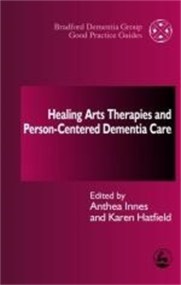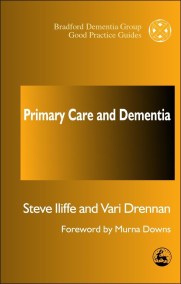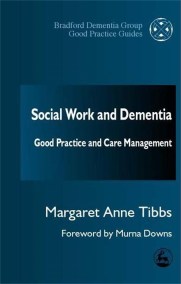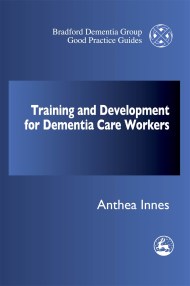Families often wrestle with the decision to move a person with dementia into a care home. The decision can be highly charged and emotional, involving feelings of loss, sadness and guilt. Moreover, developing a good relationship between the family and the care home is not an easy matter.
In this accessible guide the authors take person-centred dementia care a step forward by outlining ways in which care homes can help families to become partners in the caring process. Using case examples, quotations and research-based evidence, the authors offer practical advice and good practice guidelines for supporting relatives who choose to be involved in the care of people with dementia living in a care home, as well as highlighting the value of this involvement. The book is written in an easy-to-read style and incorporates useful features such as checklists for reviewing current practices and summaries of key points for each chapter.
An invaluable resource for care home managers and staff, this book will also be helpful for families of people with dementia, as well as for students and researchers interested in dementia care practice.
In this accessible guide the authors take person-centred dementia care a step forward by outlining ways in which care homes can help families to become partners in the caring process. Using case examples, quotations and research-based evidence, the authors offer practical advice and good practice guidelines for supporting relatives who choose to be involved in the care of people with dementia living in a care home, as well as highlighting the value of this involvement. The book is written in an easy-to-read style and incorporates useful features such as checklists for reviewing current practices and summaries of key points for each chapter.
An invaluable resource for care home managers and staff, this book will also be helpful for families of people with dementia, as well as for students and researchers interested in dementia care practice.
Newsletter Signup
By clicking ‘Sign Up,’ I acknowledge that I have read and agree to Hachette Book Group’s Privacy Policy and Terms of Use
Reviews
Published in the wake of a plethora of official reports concerning the human rights, dignity and well-being of older people in care, especially those with dementia, this latest addition to the Bradford Dementia Group Good Practice Guides in greatly to be welcomed. The book presents a strong theoretical basis and is grounded in relevant research. Above all, its recommendations are thoroughly practical and achievable and cover the period prior to a person's entry into a care home though to the final stages of life there. The book fills a very real gap.
The three excellent core chapters comprise guide lines for good practice, communication, and involvement in end-of life issues. Most chapters conclude with a check-list of points for the attention of care homes and a pithy summary of the key-points covered.
We have all come across families who often wrestle with the decision to move a person with dementia into a care home. This decision can often involve feelings of loss, sadness, and guilt. Sometimes care homes are not as good as they might be in developing good relationships between the family and their work. In this brief and informative guide, the authors take person centred dementia care a step forward by outlining ways in which care homes can help families become partners in the caring process. The book will be helpful both to those working in care homes but also for families living with dementia.
Involving families in care homes: a relationship-centred approach to dementia care by Bob Woods, John Keady and Diane Seddon uses case examples, quotations and research-based evidence to offer practical advice and good practice guidelines for supporting relatives who choose to be involved in the care of people with dementia living in a care home, as well as highlighting the value of this involvement.
A resource for care home managers and staff which will also be of values to families involved in the care of relatives with dementia who are moving to or resident in a care home.
This useful little book is part of a series of good practice guides edited by the Bradford Dementia Group.
This book is well written and very easy to read. It is simply structured with an introduction, conclusion and summary of key points for each chapter. The checklists are a great feature for relatives and care home managers alike to practically ensure that all parties can remain involved at an effective level and a way of monitoring that standards are being met. Staff themselves could use the checklists to evaluate their Personal Development.
